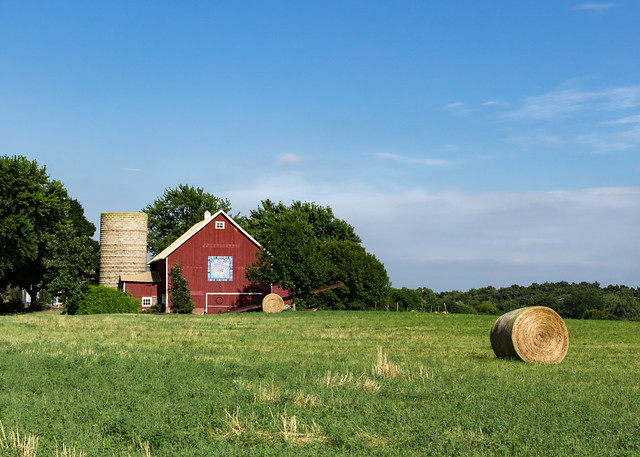The Unwavering Roots: Examining the Crucial Role of Family-Owned Farms in the US
This occasion gives us the chance to delve into the absorbing discussion on The Unwavering Roots: Examining the Crucial Role of Family-Owned Farms in the US. Let’s gather and share meaningful details and offer the readers a fresh perspective.
Video about The Unwavering Roots: Examining the Crucial Role of Family-Owned Farms in the US
The Unwavering Roots: Examining the Crucial Role of Family-Owned Farms in the US

Across the vast and vibrant tapestry of the American landscape, amidst rolling hills, fertile valleys, and sun-drenched plains, stand sentinels of tradition and resilience: family-owned farms. These agricultural operations, passed down through generations, are more than just providers of food; they are the very backbone of American rural life, interwoven into the fabric of our nation’s history, economy, and culture.
A Legacy Forged in Soil and Sweat:
Family farms are a cornerstone of American history, dating back to the nation’s earliest days. From the pioneering farmers who carved out settlements in the wilderness to the modern-day operations feeding millions, these farms have played a vital role in shaping the American story. They are testaments to the unwavering commitment of generations who have toiled in the soil, nurtured crops, and raised livestock, building a legacy that stretches far beyond the acreage they cultivate.
The idyllic image of the family farm is often romanticized, yet the reality behind this image is one of unwavering dedication, tireless work, and a deep connection to the land. Farm families sacrifice countless hours, often working seven days a week, navigating unpredictable weather patterns, fluctuating market prices, and the constant challenge of managing a complex enterprise. Yet, these hardships are met with a profound sense of purpose, knowing that their labor sustains not only themselves but also countless other families.
Economic Hardship and a Call for Support:
Despite their vital role, family farms face numerous challenges in today’s ever-evolving agricultural landscape. Increased competition from larger, industrialized farms, rising input costs, and volatile commodity prices create a precarious environment for small-scale operations. Many struggle to compete on scale, making it increasingly difficult to remain profitable.
According to the USDA, despite accounting for nearly 90% of all US farms, family farms generate a significantly smaller proportion of total agricultural output. This disparity highlights the economic disparities between large and small agricultural enterprises.
Furthermore, access to affordable credit, land ownership, and information technology can be difficult for smaller farms, further widening the gap. These challenges underscore the need for targeted support and initiatives aimed at empowering family farms to thrive in the face of adversity.
Cultural Cornerstones & Pillars of the Community:
Beyond their economic significance, family farms are integral to the social fabric of rural America. They serve as cultural touchstones, preserving traditions, and passing down knowledge and values from generation to generation. The annual harvest festivals, county fairs, and other events often hosted by family farms bring communities together, fostering a sense of shared identity and belonging.
Family farms also serve as vital economic engines for rural communities, creating jobs, supporting local businesses, and contributing to the overall vitality of the region. Their deep roots in the land foster a sense of stewardship and responsibility, promoting sustainable agricultural practices and environmental conservation.
A Future Secured by Shared Responsibility:
Protecting and nurturing the vital role of family farms is a shared responsibility. Consumers can contribute by supporting local farmers markets, choosing products sourced from family farms, and advocating for policies that promote fair competition and sustainable agriculture.
Policymakers and agricultural organizations have a crucial role in creating an environment conducive to the success of family farms. This includes providing access to affordable credit, supporting research and development of new farming technologies, and implementing regulations that protect family farmers from predatory practices.
Education plays a vital role in ensuring the future of family farming. By fostering understanding of the challenges and contributions of these invaluable operations, we can inspire the next generation of agriculturists to carry on the legacy of their forefathers.
The story of American agriculture is inextricably linked to the story of family farms. These hardworking families, who have faithfully tended the land for generations, deserve our respect, support, and above all, our recognition for their vital role in feeding the nation and preserving the cherished traditions of rural America. Their continued success is intertwined with the well-being of our nation, and their legacy warrants our unwavering commitment to their prosperity.
Closure
We hope this article has been enlightening about The Unwavering Roots: Examining the Crucial Role of Family-Owned Farms in the US. Thank you for reading through our content. Until the next article!.

No comments:
Post a Comment